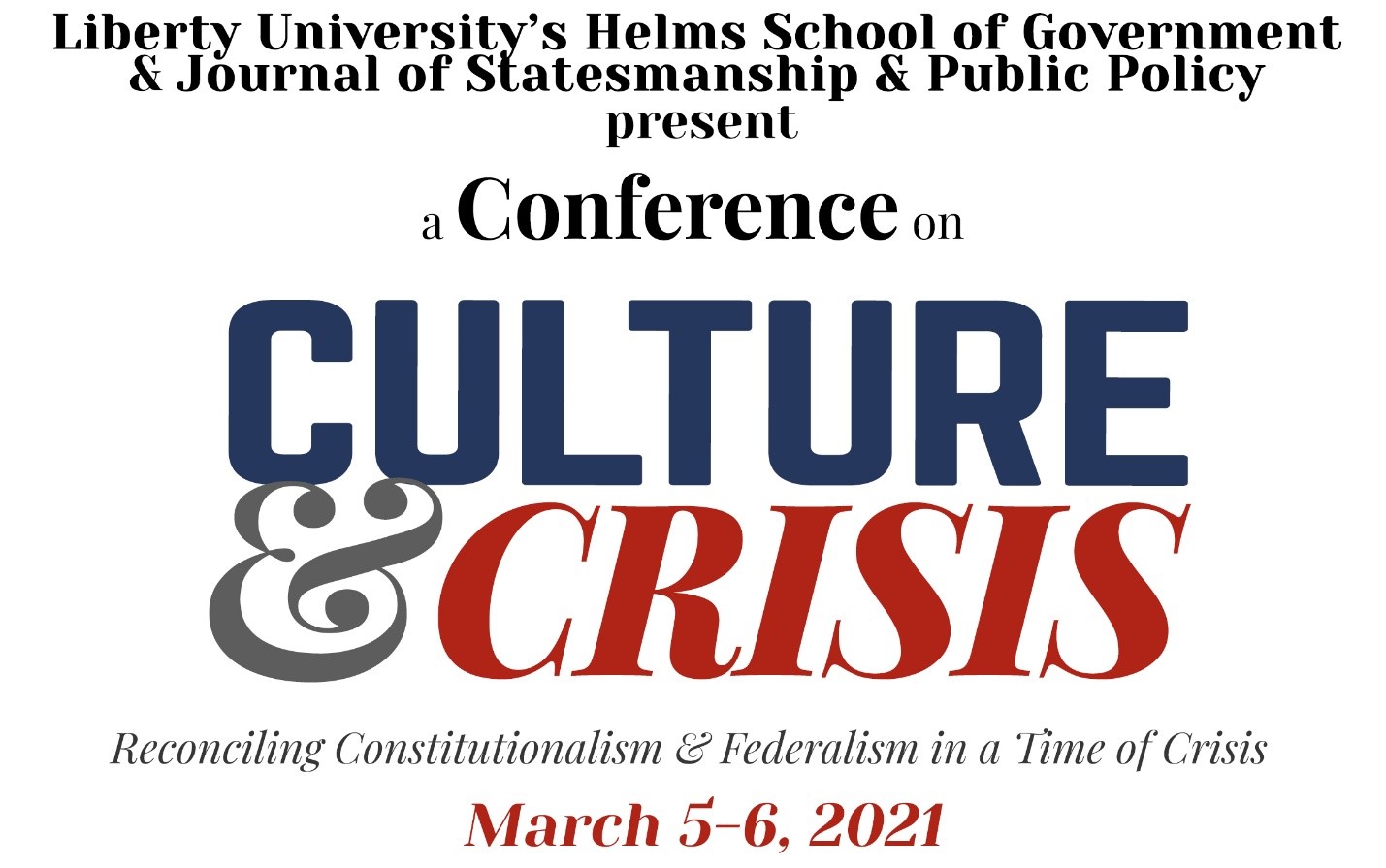Level of Education
Undergraduate
Keywords
natural law, common law, written law, Judeo-Christian
Abstract
To say that civil disobedience is a complicated topic is to severely understate the topic. It is a subject matter that has derived many different and disparate opinions, points of view, and public policies. Specifically, within America today, we observe calls for civil disobedience from both sides of the political spectrum, over several divergent political ideals. These issues are, primarily, driven from both sides’ desire to provide protection and provision for the oppressed and those who cannot necessarily speak for themselves. The definition of who is necessarily oppressed and whom their oppressors are varies from person to person, regardless of political affiliation. At the present moment, the general consensus from either side of the fence appears to be that we are existing in an increasingly flawed system, and that there appears to be fewer and fewer ways to address it within the bounds of our current legal system. This has led both sides to take drastic measures increasingly outside the rule of law in order for their voices to be heard. For Judeo-Christians, this causes no small amount of conflict. What manner of steps should those of the mind to intervene for whatever issue they feel is pressing be capable of doing, within the moral framework of their own worldview?
In this essay, these issues shall be examined, both with regards to our own American and Western history, and when it comes to Biblical viewpoints on such pressing matters. To begin, this essay shall define certain terms as can give a framework for better understanding what lies around the legality of a matter.
Included in
Ancient Philosophy Commons, Applied Ethics Commons, Biblical Studies Commons, Civil Law Commons, Common Law Commons, Comparative and Foreign Law Commons, Conflict of Laws Commons, Ethics and Political Philosophy Commons, History of Philosophy Commons, Jewish Studies Commons, Medieval Studies Commons, Military, War, and Peace Commons
Civil Disobedience from a Biblical Perspective
To say that civil disobedience is a complicated topic is to severely understate the topic. It is a subject matter that has derived many different and disparate opinions, points of view, and public policies. Specifically, within America today, we observe calls for civil disobedience from both sides of the political spectrum, over several divergent political ideals. These issues are, primarily, driven from both sides’ desire to provide protection and provision for the oppressed and those who cannot necessarily speak for themselves. The definition of who is necessarily oppressed and whom their oppressors are varies from person to person, regardless of political affiliation. At the present moment, the general consensus from either side of the fence appears to be that we are existing in an increasingly flawed system, and that there appears to be fewer and fewer ways to address it within the bounds of our current legal system. This has led both sides to take drastic measures increasingly outside the rule of law in order for their voices to be heard. For Judeo-Christians, this causes no small amount of conflict. What manner of steps should those of the mind to intervene for whatever issue they feel is pressing be capable of doing, within the moral framework of their own worldview?
In this essay, these issues shall be examined, both with regards to our own American and Western history, and when it comes to Biblical viewpoints on such pressing matters. To begin, this essay shall define certain terms as can give a framework for better understanding what lies around the legality of a matter.



